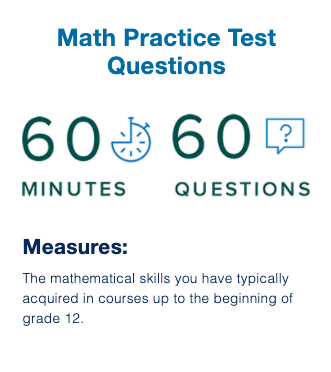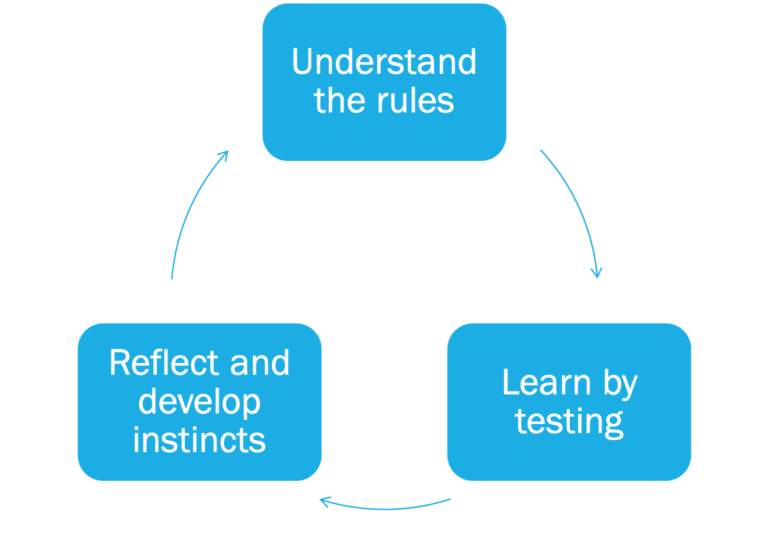UNDERSTAND THE RULES
If we recall what a normal class is like, the rules for success are clearly defined. The ACT pretends its rules are the same, but a close look reveals some unstated rules below the surface. Take Reading for example.
Most English classes test reading comprehension through essays and class discussions. Through these, students practice subjectivity, judgment, and interpretation to develop critical thinking skills. These skills are essential to analyzing great works of literature at a deep level.
A multiple-choice, timed, standardized test can’t test that, though. Different answer choices can’t be correct based on student interpretation. So, students aren’t allowed to use subjectivity. They can’t use those well-trained analytical skills to decide if an answer choice could be correct. They only need to find an answer choice that the passage supports. “Reading” is now a fancy word search.
The game isn’t harder than school; it’s different. If students get a bad Reading score, it’s not because they need to begin reading the New York Times. They only need to word search and eliminate answer choices.
This first step is nothing Earth-shattering. To improve at anything: the better you understand the subject, the easier it will be. Think about the underlying message, though. Telling students there are rules to learn puts the power back in their hands. It’s not that their schooling has failed them. It’s not that they don’t have the ability. It’s that they didn’t even know what game they were playing.
This shift in perspective can apply to any life challenge.
Struggling to maintain successful relationships? Maybe there are some rules about relationship building you could learn. Struggling to find happiness? Maybe you need to first define what happiness means for you and do some research on the topic.
The applications are endless.


